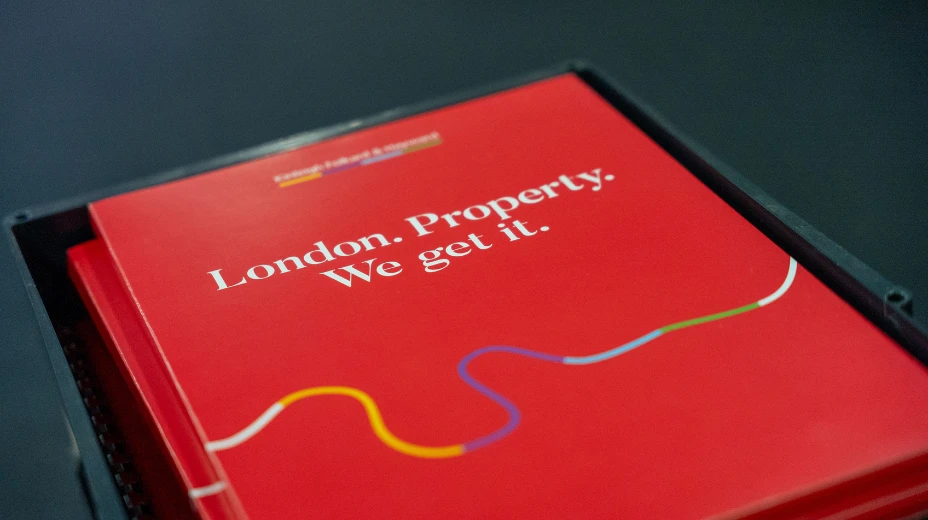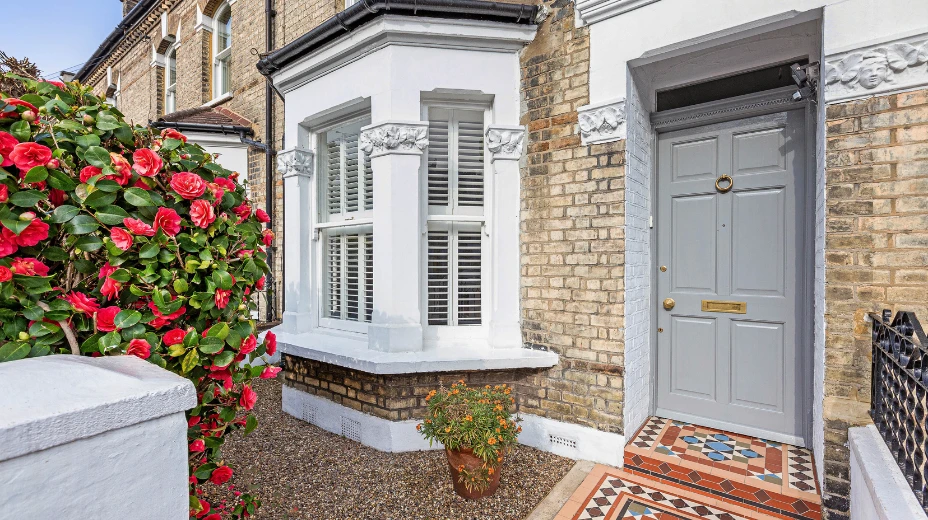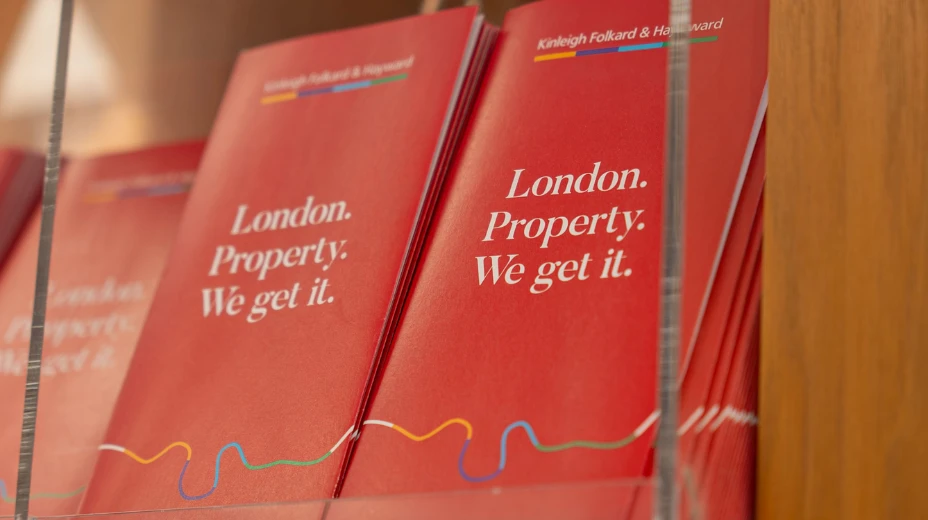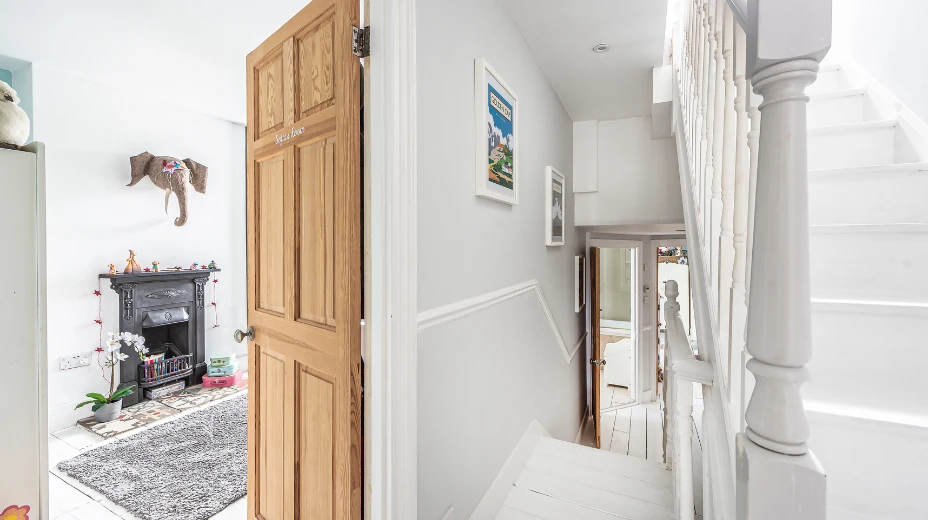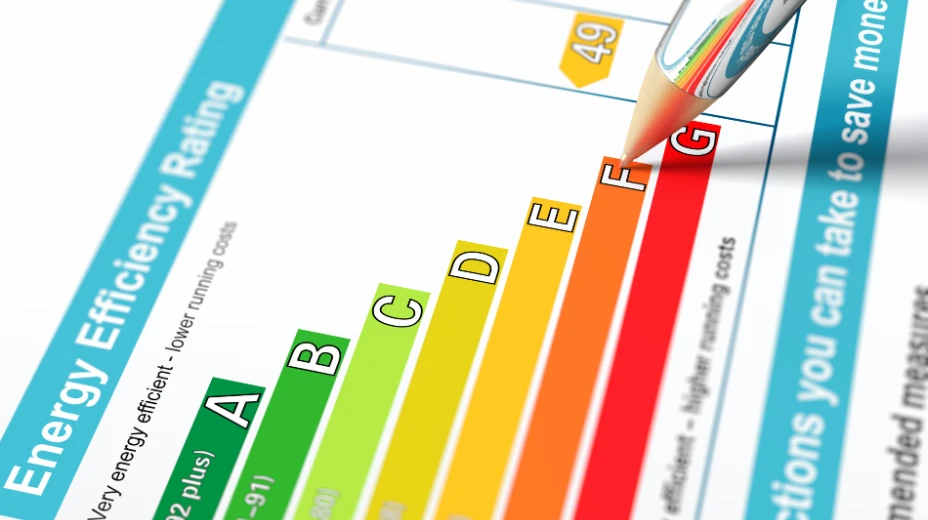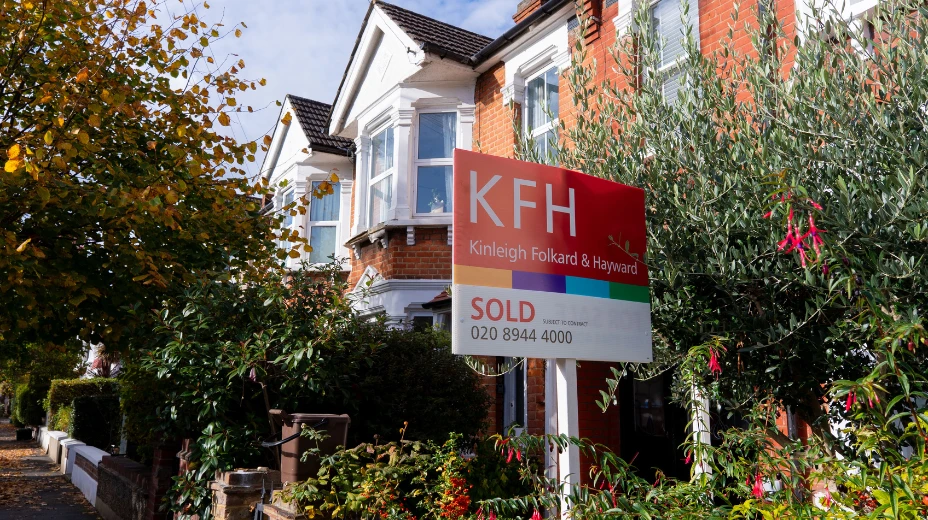Types of survey valuations

When buying, selling, or insuring a property, different types of valuations and surveys may be required. Here’s a breakdown of the most common types and what they involve.
Mortgage valuations
When you take out a mortgage, your lender will ask for a mortgage valuation. This is a basic inspection to reassure the lender that the property offers suitable security for the loan.
A mortgage valuation looks at things like a property's size, location and age. It isn't a detailed review of its condition. If you want more information on the physical state of the property you are buying, a homebuyer's report or full building survey may be required.
Matrimonial valuations
A matrimonial valuation is used in divorce or separation proceedings. The court will use this valuation to achieve division of assets in matrimonial disputes.
Insurance valuations
An insurance valuation estimates how much it would cost to rebuild your property. The calculation is based on using modern materials and techniques, and includes costs such as site clearance. It forms the basis of your buildings insurance policy.
Probate valuations
When someone dies, the executors of their estate will often need a valuation of the property owned by the deceased. These probate valuations are then used to calculate inheritance tax.
Tax valuations
Working out how much capital gains tax you need to pay on a property can be complex, especially when you sell property you have owned for a long time.
Retrospective valuations
A valuation which is provided on a historic date for the purposes of tax, litigation and probate.
Expert witness
Specialist surveyors act for claimants or defendants in property disputes. They have a wealth of expertise in preparing CPR Part 35 complaint reports, litigation procedure and court appearance.
Building reinstatement valuations
A reinstatement valuation is an assessment of the cost of rebuilding your property in the event of total destruction and is a requirement of your buildings insurance. An accurate valuation can save money on your insurance premiums by pre determining the value before you obtain a quotation. Also, if you need to make a claim, an insurance underwriter might not be satisfied with a personal estimation of the value.
Undervaluing your property may mean you do not receive the full amount of your claim, and you will be liable for any shortfall. Though the majority of insurance policies are index linked, it is still good practise to have regular reinstatement valuation to ensure appropriate cover.
Commerical building survey
For commercial premises, this survey identifies potential repair costs and provides evidence for future disputes.










